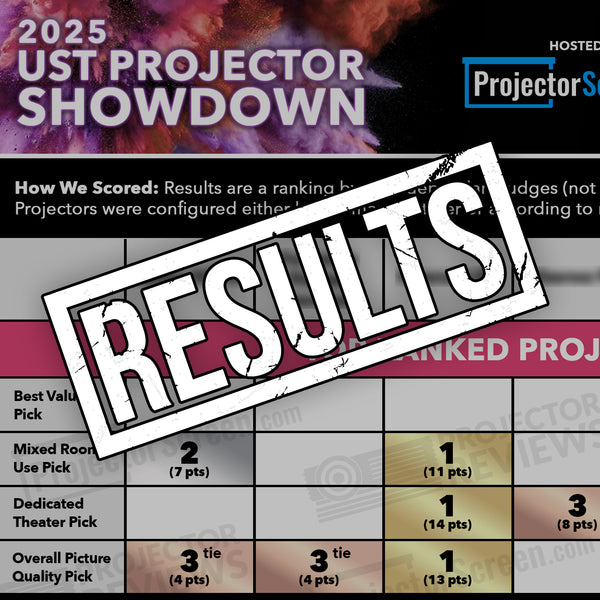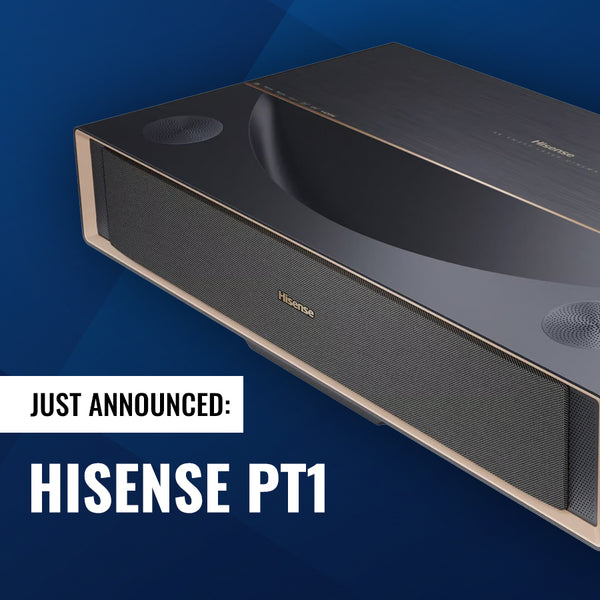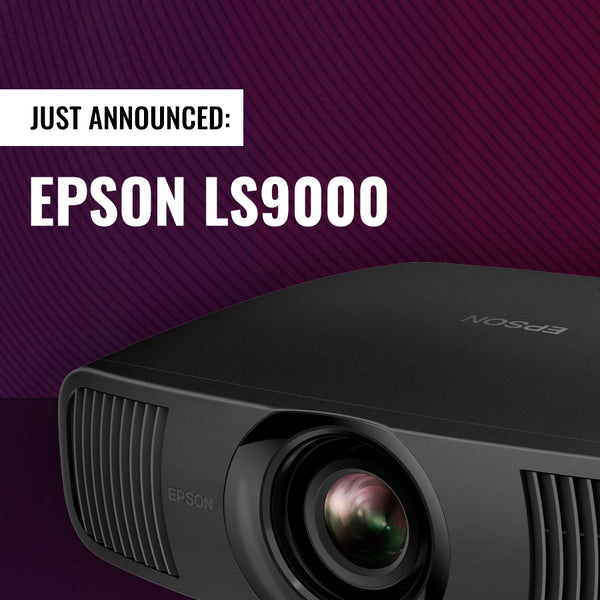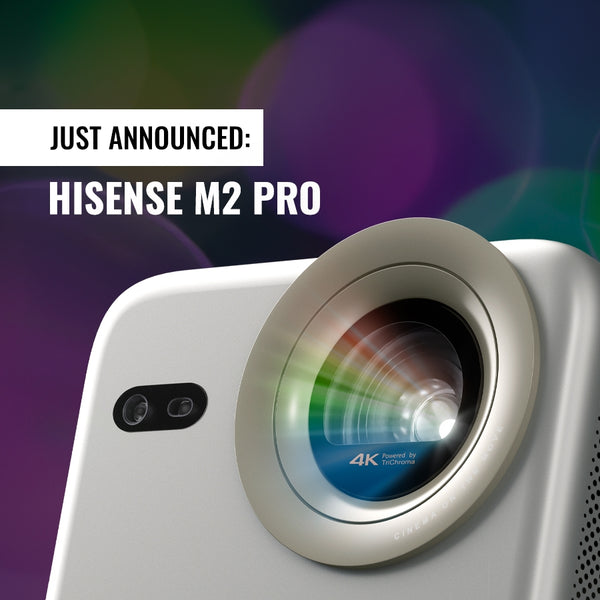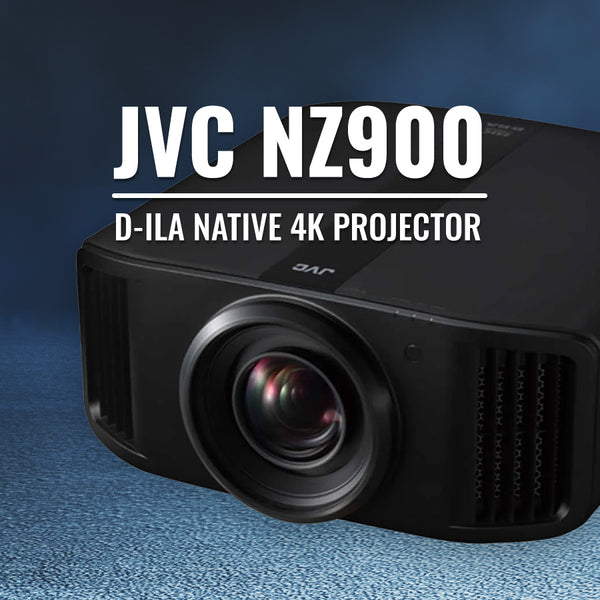How To Clean A Projector Screen The Right Way
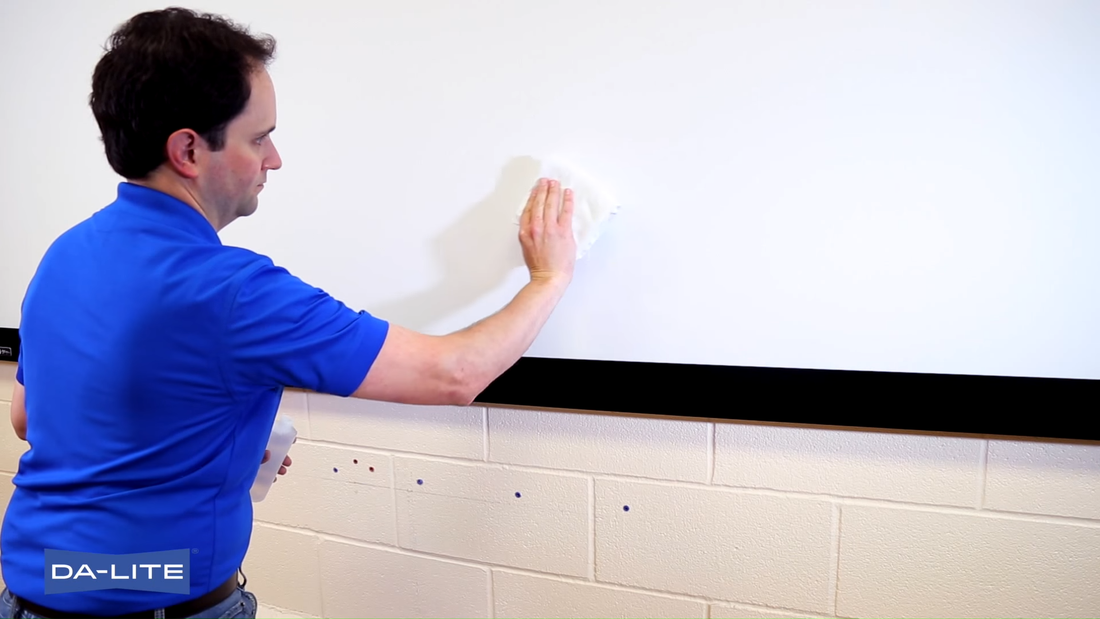
The main attraction of any home theater is a premium projector screen. Simple in design, the brilliance of the image is not necessarily due to the enormous size of most screens, but rather the manner by which it reflects the projector's light. If it becomes dusty or dirty, it doesn't matter how comfy your recliners or how many speakers you have hooked up, you just aren't getting the best out of your home theater. The screen needs cleaning.
Over time, collected dust and oils will leave smudges and smears that work against your top of the line image resolution, and can even leave you with a permanent stain if left too long. Kids with dirty hands, the grease from a thrown piece of popcorn, the list of causes is infinite, but the methods to properly clean your projector screen is a bit more particular.
Unfortunately, you can't just put the projector screen in the dishwasher or give it a hard scrubbing with average cleaning solvents. It's easy to look at a projector screen like it's just a window, but if you go at it with Windex and paper towel, you're far more likely to cause a way bigger problem than smudges and fingerprints.
So what is the right way to clean a projector screen?
CAUTION: Not all screens are made of the same material. Before you begin, consult your user guide to make sure this method is appropriate. For custom installed screens, ask your home theater installer.
Short answer: there is no one correct way to clean all projector screens. There are, however, a few steps most all can follow to give a projector screen a good and safe basic cleaning.
Getting Your Projector Screen Nice and Clean
1. Use compressed air to remove dust from the screen. Many times, this is all you need for an effective cleaning.

2. NEVER SCRUB. Gently wipe the screen with a dry microfiber cloth.
3. Make a solution of warm water (95%) and dish soap (5%).

4. Lightly dampen the microfiber cloth, making sure not to soak it or get it too saturated.
5. Using the moistened cloth, apply light pressure and rub the screen from side to side.

6. Denatured alcohol may be used with the microfiber cloth if your soap and water just isn't getting the job done.
7. Once this is finished, gently pat the surface dry with another towel.

Don't Use Masking Tape!

It has been suggested in some guides to wrap your fingers in masking tape and dab it on the screen, but Draper, Da-Lite and other manufacturers do not recommend this due to the possibility of damaging the surface.
The Careful Cleaning of Ambient Light Rejecting Screens
An ALR projector screen is a terrific addition to any home theater system, but due to their particular construction, it is necessary to take a bit more care when cleaning to keep that image pure and crisp. The surface of ALR screens is comprised of microscopic teeth angled in a way that only reflects light coming from the projector. These are awesome for cutting out glare, but they do require special attention when cleaning.
Use compressed air to avoid wiping or touching the screen as much as possible. If physically wiping the screen is a must, some surfaces have a linear horizontal structure, so only wipe left to right gently using a microfiber cloth or paint brush with soft bristles. Never scrub in a circular motion or up and down. You may use a very small amount of mild soap and water solution for stubborn dirt, but this should only be as a last resort.
Tips For a Cleaner Projector Screen
Make Compressed Air Your Go-To... You need to avoid touching your projector screen as much as possible, so compressed air is the best and most used tool for screen cleaning. Make sure to hold the can no closer than one inch from the screen.
Put On Gloves... When cleaning fingerprints and oil off your screen, you want to make sure to not leave any new oil or smudges behind. This will also keep you from accidentally scratching the screen with your nails.
Stay Away From Abrasive Sponges... Scratchy tools and hard sponges for scrubbing will often damage the surface.
Go With the Softest Cloth Possible... Only wipe your screen with a soft and lint free microfiber cloth. Be careful to just gently wipe and never scrub.
Just Say No to Harsh Chemicals... Strong cleaners often contain abrasive or corrosive chemicals that can quickly ruin your screen's reflection. Stick with a 95% warm water solution with 5% mild dish soap. Denatured alcohol is another option when dealing with vinyl surfaces.
No Air Drying... Avoid spotting by gently patting the surface dry with a soft towel.
For Retractable Screens... If your projector screen is retractable, avoid dust and grime by keeping it rolled up when not in use. And pat dry thoroughly after cleaning, so as to never roll the screen up wet.
Time is of the Essence... Should anything ever splash on your projector screen, don't wait until later to clean it. Follow the cleaning steps as soon as possible to prevent staining.
Cleaning Stubborn Dirty Spots
Soap, water and compressed air just might not be enough for that particularly tricky stain or spot, but there is no need to fear. Use a small amount of denatured alcohol and a q-tip to gently clean small spots. Do not let the alcohol soak into the screen. Dab it up with the other side of the q-tip to avoid leaving a permanent stain.
How Often Does a Projector Screen Need to be Cleaned?
Luckily, most premium projectors are manufactured out of high-quality materials and don't need to be cleaned very often.
Quality projector screens are designed to be as smooth as possible for best image quality. This has the added benefit not allowing dust and dirt a place to stick and settle. It is generally suggested that you give your screen a cleaning every 3 months or when you begin to notice dust. A deeper cleaning is recommended once a year, but usually isn't needed.
Can you use a magic eraser on projector screen?
While they may seam like magic, NEVER use a magic eraser on a projector screen. Magic erasers work by acting like super-fine sandpaper. This abrasiveness will ruin any cinema screen it is rubbed on.
In Closing
It is crucial to the image quality of your projector that you maintain good upkeep on your screen. Cleaning the lens just is not enough to keep projecting a crystal clear image. The display surface is often neglected, but is the deciding factor for overall image quality and enjoyment. Take care of it and you'll get years of viewing pleasure on a screen that remains brilliant and bright for years to come.

